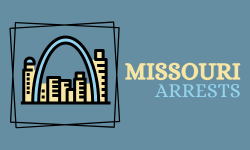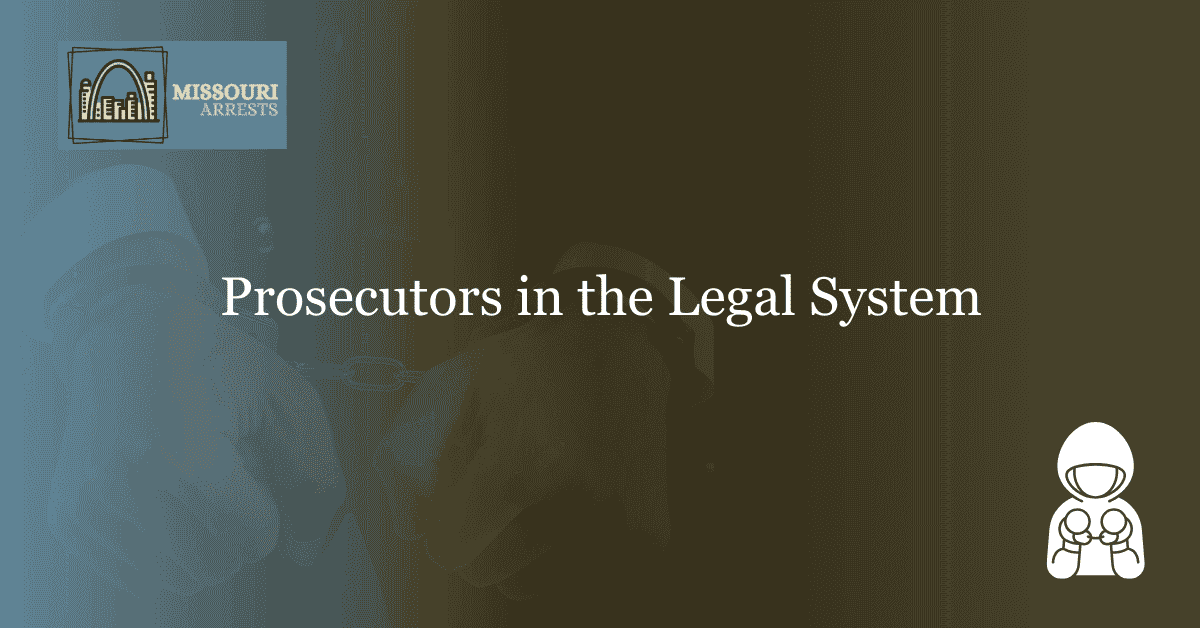Prosecutors in the Legal System
Prosecutors in the legal system play a crucial role in upholding justice and ensuring that laws are enforced. These legal professionals are responsible for representing the government in criminal cases, working tirelessly to pursue justice on behalf of society. With their expertise in the law and dedication to upholding the legal system, prosecutors work diligently to present evidence, build strong cases, and seek fair outcomes in court.
Prosecutors in the legal system are essential figures in the criminal justice process, working closely with law enforcement agencies to bring offenders to justice. They evaluate evidence, interview witnesses, and make critical decisions about charging individuals with crimes. Through their unwavering commitment to justice and the rule of law, prosecutors in the legal system strive to protect communities and ensure that those who violate the law are held accountable for their actions.
Role of Prosecutors in Upholding Justice
Prosecutors, often known as district attorneys, play a crucial role in the legal system by representing the government in criminal cases. They are responsible for ensuring that justice is served and that offenders are held accountable for their actions. Through the prosecution process, district attorneys work tirelessly to build strong cases against individuals accused of committing crimes. By gathering and presenting compelling evidence, prosecutors seek fair outcomes in court that uphold the principles of justice.
Representing the Government in Criminal Cases
District attorneys serve as legal representatives of the government in criminal cases, acting on behalf of the state or federal authorities. They work closely with law enforcement agencies to investigate alleged crimes, gather evidence, and build cases against individuals accused of breaking the law.
Building Strong Cases through Evidence
One of the key responsibilities of prosecutors is to build strong cases through the presentation of evidence. This evidence may include witness testimonies, physical evidence, forensic analysis, and other relevant information that supports the prosecution’s case. By gathering and presenting compelling evidence, prosecutors aim to prove the guilt of the accused beyond a reasonable doubt.
Seeking Fair Outcomes in Court
Prosecutors are committed to seeking fair outcomes in court that uphold the principles of justice. They work to ensure that offenders are held accountable for their actions and that victims receive the justice they deserve. By presenting evidence, making legal arguments, and advocating for the rights of victims, prosecutors play a vital role in upholding justice in the legal system.
Collaboration with Law Enforcement Agencies
Prosecutors collaborate closely with law enforcement agencies to evaluate evidence, interview witnesses, and make critical decisions on charges. By working together with police officers, detectives, and other law enforcement officials, prosecutors ensure that cases are thoroughly investigated and prosecuted effectively.
Evaluating Evidence and Interviewing Witnesses
Prosecutors carefully evaluate the evidence gathered by law enforcement agencies, including witness testimonies, physical evidence, and forensic analysis. They also interview witnesses to gather additional information that may be crucial to building a strong case against the accused.
Making Critical Decisions on Charges
Prosecutors are responsible for making critical decisions on charges, including determining which charges to file against the accused. By carefully considering the evidence and legal requirements, prosecutors ensure that charges are appropriate and supported by the available evidence.
Commitment to Protecting Communities
Prosecutors are committed to protecting communities by holding offenders accountable for their actions. They work to ensure that individuals who break the law are prosecuted to the fullest extent of the law, thereby deterring future criminal behavior and promoting public safety.
Holding Offenders Accountable for Their Actions
One of the primary goals of prosecutors is to hold offenders accountable for their actions and ensure that justice is served. By advocating for fair and just outcomes in court, prosecutors play a vital role in upholding the rule of law and protecting communities from criminal activity.
Frequently Asked Questions
Are you curious about the role of prosecutors in the legal system? Find answers to commonly asked questions below.
What is the role of a prosecutor in the legal system?
A prosecutor is a legal representative responsible for bringing criminal charges against individuals accused of committing a crime. They work on behalf of the government to gather evidence, present cases in court, and seek justice for victims.
What qualifications are required to become a prosecutor?
Typically, prosecutors are required to have a law degree and pass the bar exam in the jurisdiction where they plan to practice. Some positions may also require previous experience in criminal law or litigation.
How does a prosecutor decide whether to pursue a case?
Prosecutors evaluate the evidence presented to them by law enforcement agencies to determine whether there is enough proof to bring charges against a suspect. They consider factors such as the strength of the evidence, the seriousness of the crime, and the likelihood of a successful prosecution.
What is the difference between a prosecutor and a defense attorney?
A prosecutor represents the government in criminal cases, while a defense attorney represents the accused. Prosecutors seek to prove the guilt of the defendant, while defense attorneys work to defend their client and ensure their rights are protected.
Can a prosecutor drop charges against a defendant?
Prosecutors have the discretion to drop charges against a defendant if new evidence comes to light, a victim requests it, or if pursuing the case is not in the interest of justice. However, they must consider the impact of their decision on public safety and the legal system.
What ethical guidelines do prosecutors follow?
Prosecutors are held to high ethical standards and must adhere to rules of professional conduct. They are expected to act with integrity, fairness, and impartiality in their pursuit of justice, and to prioritize the rights of defendants as well as the safety of the community.







